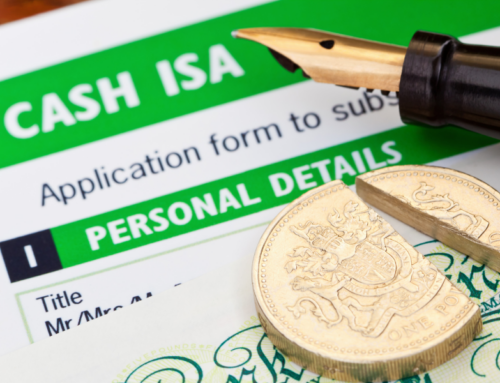 This is part 4 in the series “What is the best way to save for retirement?”
This is part 4 in the series “What is the best way to save for retirement?”
Property as an investment strategy
It is a widely held view that property is a safe form of investing. Everyone needs a home right? The property boom was created by a credit boom. Its essentially fake money backing fake property prices. We all know houses are overpriced but are caught in the cycle of needing property values to rise in order to “move up” or “along” the property ladder. So whether this is right or wrong, sustainable or not, it has been our general experience.
Its all about the yield
In essence with a property strategy you are buying houses or flats that then provide a rental income. Let’s keep with the target we had yesterday, needing £20,000 a year as income from the age of 65. We might say that rental yield (the ratio of rent-to-property value) is around 5% a year. So the simple sum is that to generate £20,000 a year you need a property or properties worth £400,000. Lets also assume that you have a 25 year mortgage ending when you are 65. Let’s assume that you spend the first 10 years building a 20% deposit (£38,210) for a buy to let property which you buy for £191,000 so that with 3% inflation it is worth £400,000 at 65 (you may be detecting an alarming theme).
Deposit and mortgage
So you save £214.71 a month growing at 5% (as you want the money out for your low risk investment into property). As before we increase this by 3% a year, so you actually save £29,941 to have your £38,210 deposit. You then borrow £152,800 at commercial rates of an average 6% over 25 years (yes rates are lower now, but ask anyone over 40 what they once were). Your average monthly mortgage repayment costs you £996.09 (which is taxable income, though you are able to offset interest costs). A total outlay of £298,827 on the mortgage (nearly double what you borrowed). However you are letting the property at the 5% yield, so you are getting £9,550 a year, rising by 3% a year so your rental income is £352,950 over 25 years – which covers the mortgage cost completely. Assuming that there are no empty periods. So all you have really paid for is the deposit… and quite a few costs.. but not as much of an outlay as a pension or ISA.
The cost of being a landlord
Setting aside the costs of annual insurance for the entire time (45 years) the evident repairs and improvements, some tax deductions and payments (income tax, stamp duty) and perhaps letting agent fees. Let’s just say that your cost is the cost of getting the deposit together (£29,941), the mortgage is cleared and you have an asset appreciating by 3% a year and generating £20,000 a year. So on paper you have paid considerably less for your £20,000 income. However you have had a mortgage liability and the costs of insuring are probably at least £500 a year as a landlord over 45 years (£46,360 over 45 years). Then there is the cost of accountancy, repairs and given it’s a 45 year period, probably some major plumbing and re-wiring over the years. Still the principle is quite clear – getting someone else to pay for the mortgage and of course you still have the asset (which is appreciating in value). You always have the advantage of being able to sell the property (assuming good market conditions). There would be capital gains tax to be paid on gains. Over a 45 year period naturally one would not expect constantly favourable property prices, but the same is true of investments. However it is certainly true that when it comes to property the most important feature is location, location, location. I have also excluded the possibility of improving the property, increasing both its value and rental income.
Applying leverage
Now, its no walk in the park being a landlord anyone that has been one will tell you that its all about the quality of the tenants, but what I hope to have demonstrated is the power of leverage. That is to say borrowing money with your money, which places you into a high value asset which then appreciates at the same rate as a lower valued asset. Financial advisers are generally not keen on this form of investing, largely because there is little in it for them (no money to manage) however a financial planner is paid for designing and reviewing your financial plan – so ought to be completely impartial about this. There are risks as there are with anything, but this is a valid way of providing for your retirement. The kicker though is that all important inflation factor which I will reveal makes something of a mockery of all my numbers (but I will explain why and how to plan with this in mind).
There are lots of factors to consider with this option, rental income is taxable and may cause you to pay considerably more income tax, you might also have serious problems with tenants and need expensive legal advice and of course if you let through an agency, typically you will see a 15% fall in your income, hopefully in exchange for continued good tenants. Each case needs assessing on its own merits.
Tomorrow – Down to Business – yours as your retirement fund.
Dominic Thomas: Solomons IFA



